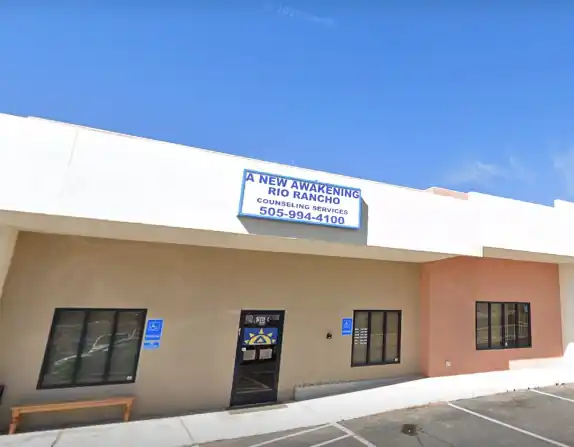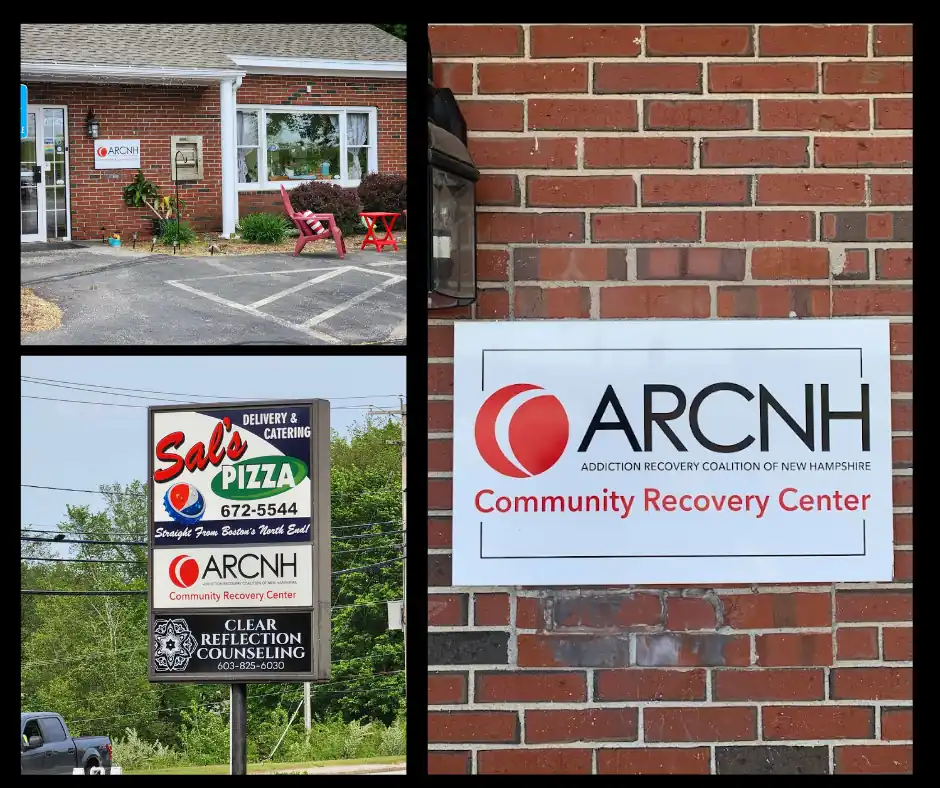Featured Substance Use Disorder Recovery Centers

A New Awakening Rio Rancho
- (18)
- 1-on-1 Counseling
- Couples Counseling
- Insurance Accepted

Addiction Institute at Mt Sinai West Inpatient Detoxification Unit
- (26)
- 1-on-1 Counseling
- Cognitive Behavioral Therapy
- Insurance Accepted

Addiction Recovery Coalition of New Hampshire
- Life Skills
- Motivational Interviewing





